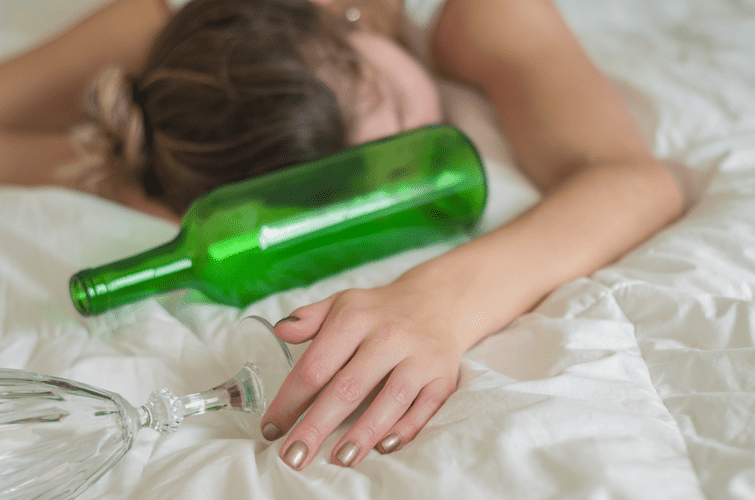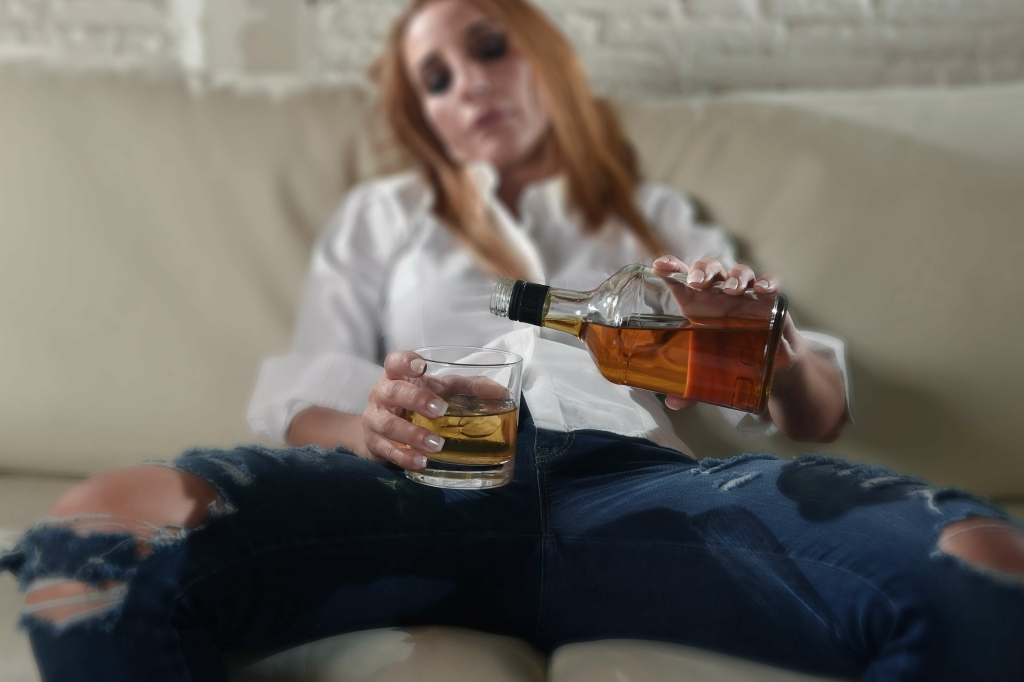On the other hand, you could get arrested for having drugs or doing illegal things to obtain them like stealing. Start the admissions process to begin building a life worth living. We offer individualized, extended-term treatment in an intimate setting. If this individual were to continue drinking, returning to old behaviors that were broken in rehab, he or she can be said to have relapsed.
Going Back To Rehab
- Call today and speak with a representative from The Recovery Village and move toward a healthier future.
- Contact us and we can begin the process of building a life worth living.
- ” Well, the answer isn’t always a simple “yes” or “no.” There are several factors to consider to determine whether or not you should go back to rehab after a relapse.
- Relapse prevention groups provide several benefits for participants.
After detox, treatment will include identifying triggers, learning how to manage cravings, and creating a support network to help you stay on track. You’ll work closely with your therapist to create a plan Sober living house that’s realistic and tailored to your lifestyle. Your treatment team will also help you develop an aftercare plan that may include continued therapy, support groups, and regular check-ins with a counselor.
Planning for Success: Goals, Values, and Milestones

You will also be asked to reflect upon the emotions you felt leading up to, during, and after your relapse. By addressing and analyzing these feelings, you will be able to explore new ways to cope with future triggers so you can stay sober. To determine whether or not you should go back to rehab after a relapse, it can be helpful to understand the different causes of relapse. By identifying the causes of relapse, you can examine your behaviors that led up to your relapse and use that as a learning experience. Dr. Krishna has 25 years of experience in the field of medicine.
We’re learning more each day.
Dr. Saman started content writing to blend her passion for writing and medicine with her extensive clinical experience. Following a relapse, returning to treatment isn’t necessary for everyone. However, getting back into weekly therapy or consultations may help you overcome your ongoing difficulty. You may need to contact your support network and attend events more regularly. Joining a support group might help you feel less alone in your quest for sobriety and provide you with a network of people who understand what you’re going through. If the emotional and mental stages of relapse are not corrected, they will lead to the final stage of relapse.
The best way to avoid a relapse is to attend an addiction treatment program. If you slip and use drugs or alcohol for only a brief time – usually one day or less – and you realize you’ve taken a risk, rehab might not be necessary. Spring Hill Recovery Center provides residential treatment for addiction and co-occurring mental health issues. However, some conditions may require treatment beyond our capabilities, and we reserve the right to medically discharge a patient for a higher level of mental health care.

Steps 4 through 9 give recovering addicts the tools they need to mend and heal those broken relationships. Working slowly and thoughtfully through family and friendships, you can offer your apologies and make your amends. Whether or not the other person accepts and reciprocates isn’t under your control, but you can keep your side of the street clean and work your program to the best of your ability. It’s easy to going back to rehab become complacent and rely on repetition for recovery. You find a plan of action that works to keep you sober, and you follow it.
- When Jeffrey isn’t at Elevate he enjoys spending his free time playing with his dog, golfing, and watching Dodgers baseball.
- All information is provided for informational purposes only and is not a substitute for professional medical advice.
- Reach out to us today to learn more about our substance abuse treatment programs in Florida or to get started with a confidential, risk-free assessment.
- Dylan’s skills are high stress tolerance, critical thinking, great work ethic, good communication skills, and problem solving.
- Asexpertshave explained,college campusestend to be “substance saturated” environments and social events may revolve around drug and alcohol use.
- A relapse prevention group is a type of group therapy that focuses on recognizing the signs and potential triggers of relapse before it happens.
Make sure that you’ve found a therapist who both understands the recovery movement and with whom you feel comfortable. They start with a small acorn, and over time, develop deep roots and a strong trunk to support many branches. You need to put down deep roots in recovery, give yourself time to grow, and then your many branches or relationships can strengthen and support others. Give yourself that time in recovery and your relationships will blossom. For a long time, they worried over you, stressed over you, fretted over you.
- In fact, the medical community considers relapsing to be a symptom of addiction and recovery.
- Spring Hill Recovery Center offers several types of evidence-based addiction care, including relapse prevention groups and other forms of aftercare.
- According to research on addiction and loneliness, people with addictions often have higher rates of loneliness than their peers who don’t have an addiction.

Wanting to get help early into a relapse saves many addicts from the same horrors that they got sober from. It’s important to remember that cravings for drugs or alcohol continue long after the detox and withdrawal phases. Long-term aftercare support programs — including 12-step programs and group and individual therapy — are essential parts of long-term sobriety. Returning to work after rehab is an important and challenging step in recovery. To help with this important transition period, many rehab centers offer transitional care and extended support. Check with your treatment center to find out what options are available to you.
